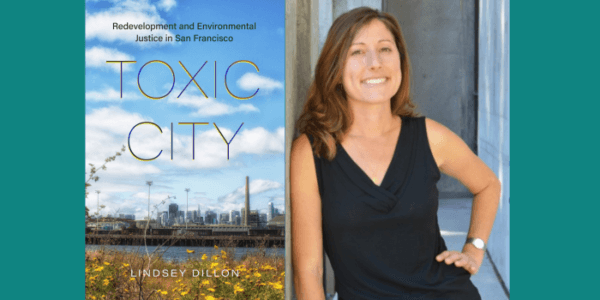About the Book
Toxic City presents a novel critique of postindustrial green gentrification through a study of Bayview-Hunters Point, a historically Black neighborhood in San Francisco. As cities across the United States clean up and transform contaminated waterfronts and abandoned factories into inviting spaces of urban nature and green living, working-class residents—who previously lived with the effects of state abandonment, corporate divestment, and industrial pollution—are threatened with displacement at the very moment these neighborhoods are cleaned, greened, and revitalized. Lindsey Dillon details how residents of Bayview-Hunters Point have fought for years for toxic cleanup and urban redevelopment to be a reparative process and how their efforts are linked to long-standing struggles for Black community control and self-determination. She argues that environmental racism is part of a long history of harm linked to slavery and its afterlives and concludes that environmental justice can be conceived within a larger project of reparations.

